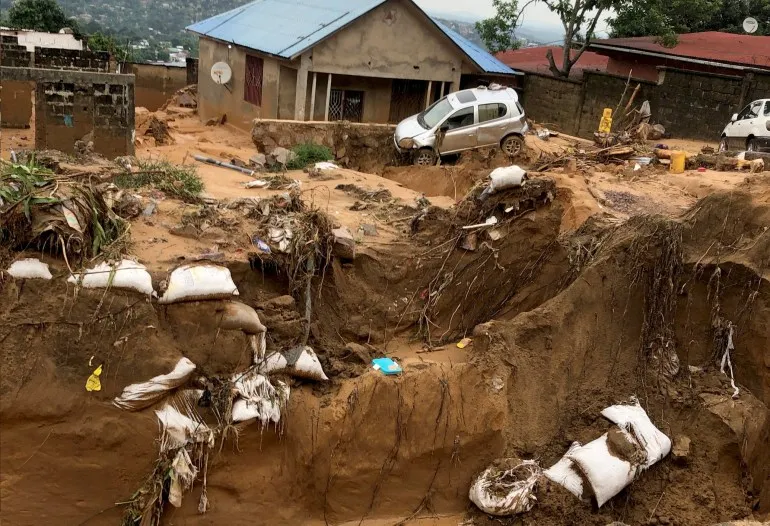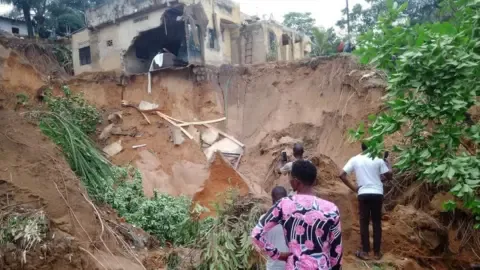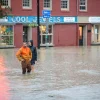In the Democratic Republic of the Congo’s South Kivu province, intense flooding and landslides have left a trail of devastation, with at least 411 people confirmed dead. The disaster has also displaced thousands, leaving many without homes or a sense of security. The affected areas are still reeling from the torrential rains, which wiped out entire villages, fields of crops, and livestock.
Efforts to rescue survivors and recover bodies in Kalehe, the hardest-hit area, are ongoing. However, the sheer scale of the devastation is making things difficult, with many areas inaccessible due to damaged infrastructure. Medical teams are struggling to provide care to those in need, with many patients requiring emergency surgery that is not readily available.
The remote rural area of Kalehe is particularly vulnerable to landslides due to its proximity to forests and the high rates of deforestation. The environmental damage has had a devastating impact, with the region’s ecosystem completely ruined. Josué Aruna, the head of an environmental civil society network in South Kivu, emphasizes the need for massive restoration efforts to mitigate the effects of climate change.
The disaster has also highlighted the lack of preparedness and adaptation measures in place. Despite recurring extreme weather events, the DRC government has not yet prioritized preparation and adaptation. Climate activists and community leaders are calling for more to be done to support those affected and to mitigate the impact of future disasters.

The flooding in the DRC is just the latest example of the devastating impact of the climate crisis on communities around the world. Nazanine Moshiri, a climate analyst, notes that extreme weather events are occurring with increased frequency, from severe droughts to excessive rainfall. The climate crisis is placing huge pressure on affected communities, driving internal displacement and overwhelming local coping mechanisms.
In response to the disaster, the UN secretary general, António Guterres, has called the flooding “yet another illustration” of the climate crisis’s impact on countries that have done little to contribute to global warming. As Yoba Alenga, a climate activist from South Kivu, notes, the people affected by the flooding are often left to their own devices when it comes to rebuilding, which can be a daunting task. Many are forced to return home and start over again, despite the challenges they face.
The situation in the DRC serves as a stark reminder of the need for urgent action to address the climate crisis. As the world grapples with the devastating impact of extreme weather events, it is essential that governments and international bodies prioritize preparation, adaptation, and support for affected communities. Only by working together can we mitigate the effects of climate change and build a more resilient future for all.

